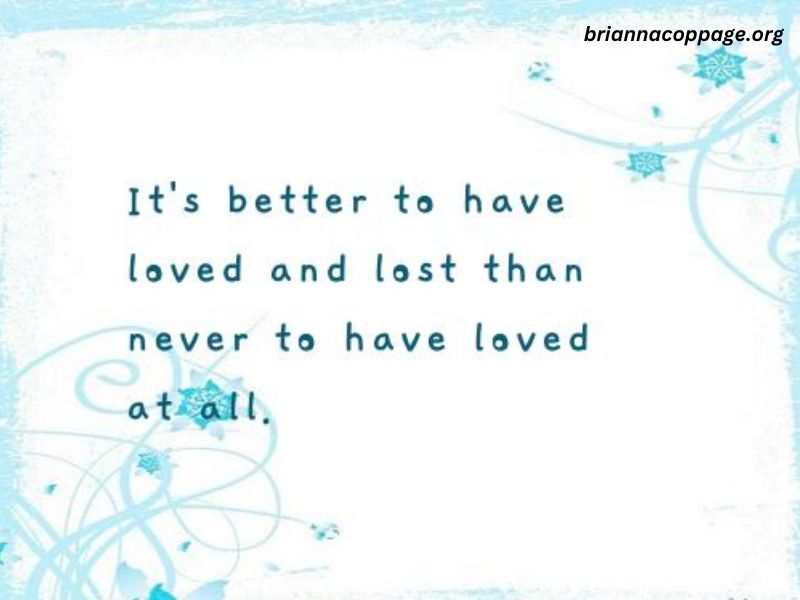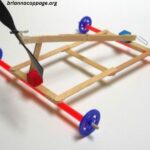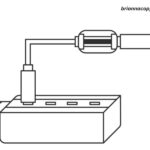The phrase “better to have loved and lost than never to have loved at all” is often quoted in moments of heartbreak, loss, and emotional turmoil. This profound sentiment speaks to the transformative power of love, suggesting that even the pain of losing it is preferable to never experiencing it in the first place. This article delves into the complexities of love, the agony of its loss, and why, in the end, it may indeed be better to have loved and lost.
The Universal Experience of Love
Love is a universal experience that transcends culture, language, and time. From the earliest stories told by humanity to the songs sung by today’s artists, love is often depicted as a powerful force that shapes our lives. It can manifest in many forms: romantic love, familial love, platonic love, and even love for a cause or passion. Love connects us to others and to the world around us. It makes us vulnerable, opens our hearts, and enables us to experience life in its fullest form.
However, love is not always a smooth, unbroken journey. It is often accompanied by moments of joy and laughter, but also by sadness, betrayal, and eventual loss. The fear of loss can sometimes overshadow the thrill of love, but the experience of love, even when fleeting, is often described as worth it. The quote “better to have loved and lost than never to have loved at all” encourages us to reflect on the value of love, even in the face of inevitable heartbreak.
The Value of Love in Its Many Forms
In any discussion about love, it’s important to recognize that love comes in many different forms, each of which enriches our lives in unique ways.
Romantic Love: Romantic love is perhaps the most celebrated and the most sought-after form of love. Whether it’s the butterflies in the stomach at the start of a new relationship or the deep bond developed over years of shared experiences, romantic love is often the epitome of human connection. While romantic love can bring intense happiness, it can also come with the potential for loss. Breakups, separation, and death can sever the bonds that have been formed. Yet, despite the risk, many would argue that the joy and fulfillment romantic love brings make the pain of losing it worthwhile.
Familial Love: Familial love is foundational to our sense of belonging and security. The love between parents and children, siblings, and extended family members forms the backbone of our emotional world. This form of love provides comfort, support, and a sense of identity. Even when familial love is tested by misunderstandings or conflicts, the deep-rooted bonds often allow it to endure. However, the loss of a family member, especially a parent or sibling, can feel like a devastating blow. Yet, the love shared before the loss often continues to shape our lives long after the person is gone.
Platonic Love: Friendships, built on trust, shared interests, and mutual respect, also offer a form of love. Platonic love is often less complicated than romantic love, but it is no less profound. The loss of a close friend, whether through drifting apart or death, can create an aching void in one’s life. However, the experiences shared and the emotional growth fostered through these friendships make the loss worth it. True friendships are rare, and their value is immeasurable, making the experience of loving and losing a friend deeply impactful.
The Agony of Loss
While love is a beautiful and enriching experience, loss is one of the most painful aspects of life. The end of a relationship, whether romantic or platonic, or the death of a loved one, can leave us feeling empty, broken, and vulnerable. The process of grieving is complicated and unpredictable, and the pain of losing someone or something we love can feel unbearable at times.
Yet, the agony of loss is also a testament to the depth of the connection we had. It shows that the love we experienced mattered. The tears we shed and the sorrow we feel are reflections of the profound impact that love had on our lives. It’s easy to look at the hurt and question whether it was worth it, but when we pause and reflect on the moments of joy, comfort, and growth we gained through love, we begin to understand why it is often better to have loved and lost.
The Healing Power of Love
Interestingly, the experience of loss itself is part of what makes love so powerful. Through the pain, we learn about resilience, strength, and the human capacity to heal. Love teaches us how to open ourselves up to others, to care for them deeply, and to empathize with their pain and joy. When we lose that love, it forces us to face our vulnerability and confront the emotional scars that may have been buried deep within us. This process of healing, while painful, is also transformative.
One of the greatest gifts of love is that it often leads to personal growth. Whether through romantic relationships, family bonds, or friendships, love can push us to become better versions of ourselves. We learn patience, selflessness, and compassion. We also learn about our own needs, desires, and boundaries. Even when we lose love, these lessons remain with us, shaping the way we approach future relationships and helping us appreciate the value of those we hold dear.
Finding Meaning in Loss
Loss can often feel like an insurmountable mountain, and in the early stages of grief, it may seem like there is no way to move forward. However, with time, many people find that the love they experienced continues to provide meaning in their lives. The memories, the shared experiences, and the lessons learned from the relationship or bond often become part of one’s personal narrative, contributing to a richer, fuller life.
Furthermore, loss often makes us more attuned to the love we still have in our lives. After experiencing the pain of losing someone we care about, we may become more aware of the people who are still with us. This awareness can lead to a deeper appreciation for our remaining relationships and a more profound understanding of what it means to love and be loved.
The Lessons Love Teaches Us
At its core, love is a teacher. It teaches us to be vulnerable, to open our hearts, and to trust in the goodness of others. It also teaches us the value of connection, the importance of empathy, and the necessity of letting go when the time comes. Love’s lessons are often difficult to learn, but they shape our character and influence how we relate to others.
One of the most valuable lessons love teaches is the importance of living in the moment. Love often asks us to embrace the present, to cherish the time we have with those we care about, because we never know what the future may hold. While it’s natural to fear loss, it’s equally important to savor the experiences of love as they come. In doing so, we ensure that we live fully and authentically, without regret.
Embracing the Cycle of Love and Loss
It’s essential to recognize that love and loss are part of the same cycle. One cannot exist without the other. While the pain of loss is inevitable, it is also a reminder of the deep connection we shared. Embracing both the joy of love and the pain of loss allows us to live more fully. It teaches us to appreciate the fleeting nature of life and the people who walk alongside us. In this way, love becomes a transformative experience that shapes our hearts, minds, and souls.
Conclusion
In the end, the adage “better to have loved and lost than never to have loved at all” reflects a deep truth about the human condition. Love, in all its forms, is an essential part of our lives. It brings joy, growth, and fulfillment, but it also brings pain, vulnerability, and loss. Yet, the very act of loving is what makes us human. It enriches our lives, shapes our character, and ultimately leaves us with a wealth of experiences that we carry with us.
While the pain of loss may seem unbearable at times, it is a testament to the depth of our feelings and the importance of the love we shared. And as time heals, we learn to carry the love we’ve lost in our hearts, honoring its impact on our lives. Therefore, it truly is better to have loved and lost than never to have loved at all—because love, even in its impermanence, is one of life’s greatest gifts.






